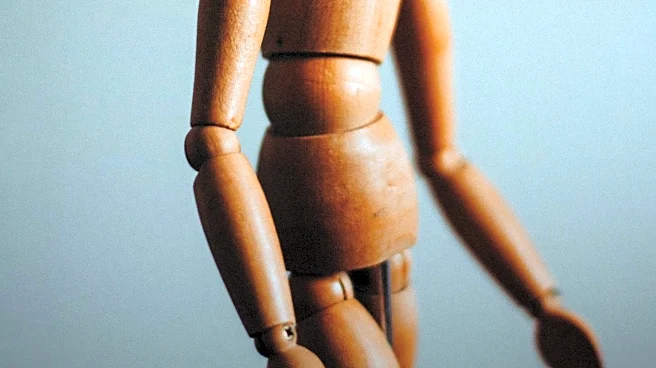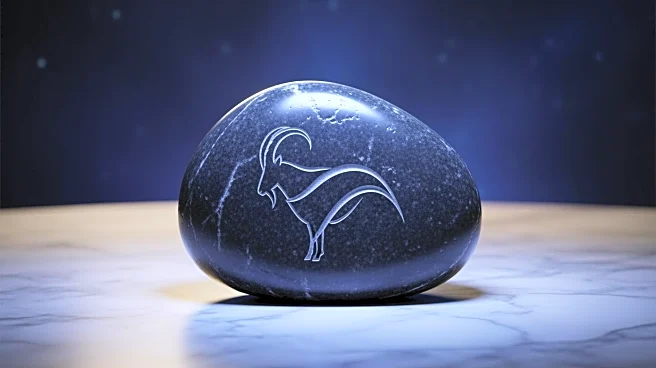What's Happening?
Medical professionals have shared intriguing insights into the human body's quirks, revealing surprising facts about its functions and adaptations. These include the septum primum, a valve in the heart that plays a crucial role during childbirth, and the fact that redheads require more anesthetics than others. Other notable quirks include the body's ability to compensate for brain loss, the evolutionary response of the female brain to childbirth pain, and the constant presence of cancerous cells that the body typically manages to eliminate. Additionally, the human heart's backup systems ensure it continues beating even if primary nodes fail, and bones can bleed significantly, with femur fractures causing substantial blood loss. These insights highlight the complexity and resilience of the human body.
Why It's Important?
Understanding these quirks is essential for medical professionals as it enhances their ability to diagnose and treat various conditions. For instance, knowledge about the septum primum can improve neonatal care, while insights into anesthetic requirements for redheads can lead to more effective surgical procedures. The body's ability to adapt to brain loss underscores the importance of brain surgery in treating epilepsy. Furthermore, recognizing the evolutionary mechanisms that dull childbirth pain can inform obstetric practices. The constant presence of cancerous cells emphasizes the need for ongoing cancer research and prevention strategies. These quirks also highlight the body's remarkable ability to maintain vital functions despite challenges, which is crucial for developing medical interventions and improving patient outcomes.
What's Next?
Medical research will continue to explore these quirks to develop better diagnostic tools and treatments. Understanding the body's compensatory mechanisms can lead to advancements in neurology and surgery. The insights into anesthetic requirements may prompt further studies to tailor anesthesia protocols for different genetic profiles. Additionally, the evolutionary aspects of childbirth pain management could inspire new approaches in obstetrics. As medical professionals gain more knowledge about the body's quirks, they can enhance patient care and improve health outcomes. Future research may also focus on the implications of these quirks for personalized medicine, aiming to provide tailored treatments based on individual physiological characteristics.
Beyond the Headlines
These quirks offer a deeper understanding of the human body's complexity and resilience, which can influence ethical considerations in medical practice. For example, the ability to compensate for brain loss raises questions about the limits of surgical interventions and the ethical implications of altering brain functions. The evolutionary response to childbirth pain highlights the intricate relationship between biology and culture, influencing societal perceptions of childbirth. Additionally, the constant presence of cancerous cells underscores the importance of preventive healthcare and lifestyle choices. These insights can also inform public health policies, emphasizing the need for education and awareness about the body's capabilities and vulnerabilities.











